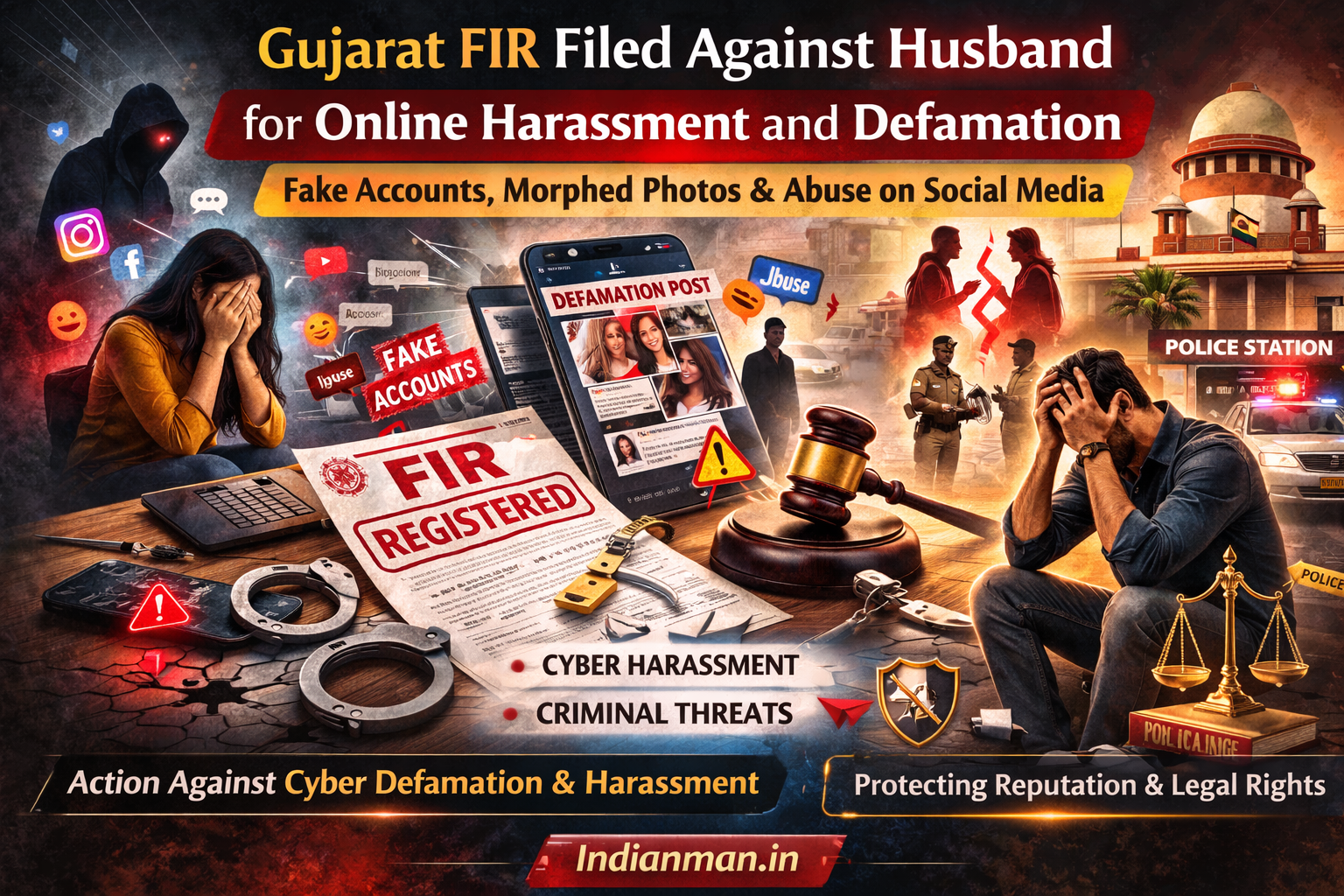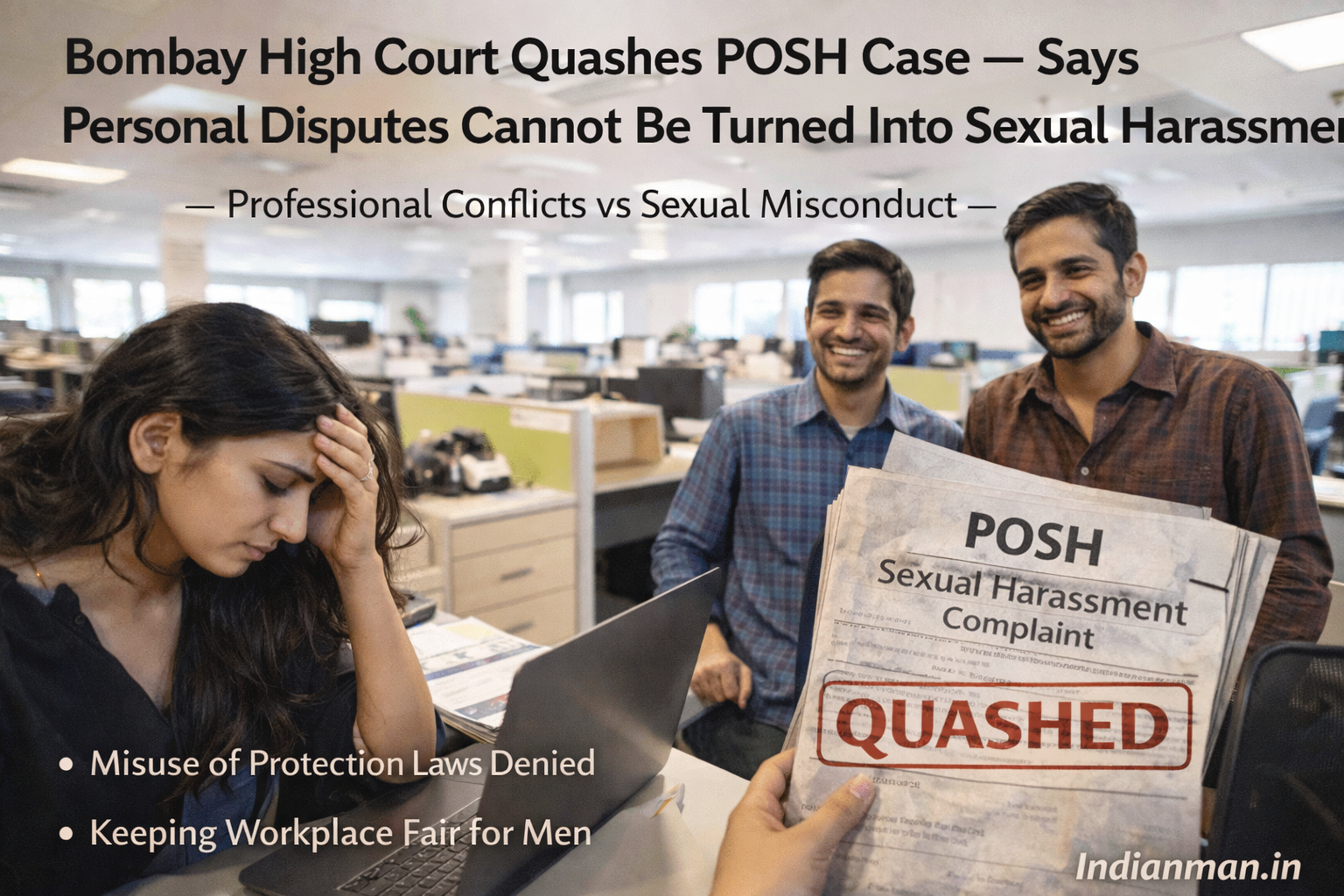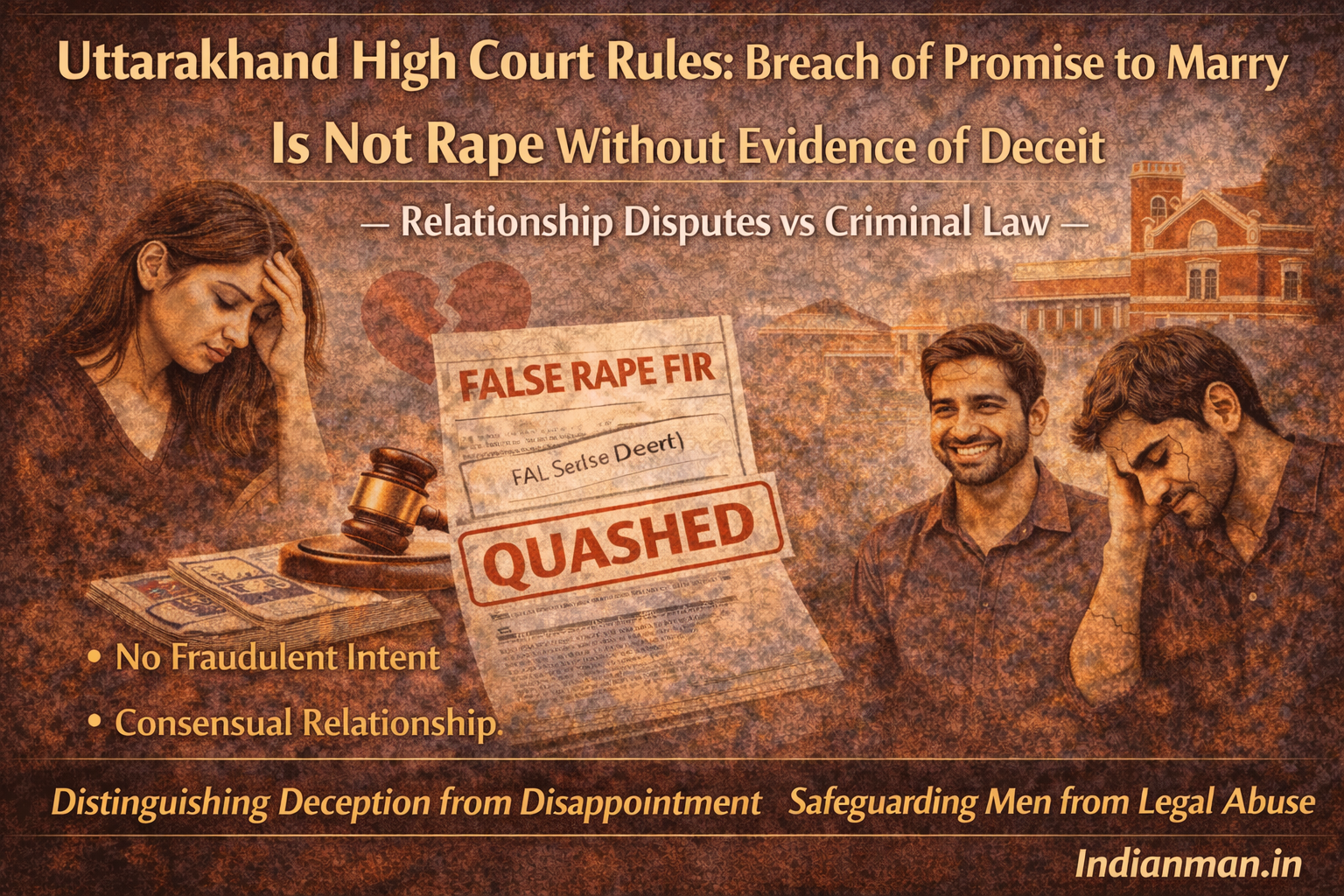The Punjab and Haryana High Court recently ruled that live-in couples have the right to protection, even if one partner is already married to someone else. This ruling came in the case of Yash Pal and Another vs State of Haryana and Others.
A Division Bench comprising Justice Sureshwar Thakur and Justice Sudeepti Sharma explained that despite the social and moral concerns around live-in relationships, personal autonomy must be respected. According to the Court, live-in couples can claim protection from threats, even if one of the partners is married.
The Court clarified that if a live-in couple faces threats from family members or moral vigilantes, they can request legal protection. However, in cases where a partner has a minor child, the court may instruct the parent to prioritize the child’s care.
While financial support for minors can be arranged through legal provisions, the Court emphasized that children benefit most when they receive love and care from both parents. The decision to grant protection to live-in couples may depend on whether the parent ensures the child’s well-being.
This judgment was given in response to a legal question raised by a single judge who observed conflicting rulings on this matter. The primary question was whether live-in couples can automatically receive protection without considering their marital status. The Court also addressed the circumstances under which such protection could be denied.
While discussing these legal questions, the Court referred to several Supreme Court rulings, especially regarding the right to personal choice under Article 21 of the Indian Constitution. It also referenced the landmark Joseph Shine vs. Union of India case, which decriminalized adultery in India.
Taking into account these precedents, the High Court ruled that live-in couples are entitled to protection, even if one partner is married. However, the Court suggested that more mechanisms should be developed to handle such cases, as the police force is already overburdened.
The Court recommended that couples first approach the District Legal Services Authority for help, which can assign paralegal volunteers or counselors to mediate between the couple and those threatening them. Alternatively, they can also seek assistance from the State Human Rights Commission.
When it comes to minors in live-in relationships, the Court took a different stance. It stated that minors cannot enter into contracts and, therefore, are not legally capable of making choices regarding live-in relationships. Granting protection to minors in such cases would contradict the Court’s responsibility to act in their best interest.
The ruling reinforces the balance between individual rights and social responsibilities, especially concerning children’s welfare.
Be a part our social media community:
Facebook: https://www.facebook.com/IndianMan.in?mibextid=ZbWKwL
Instagram:
https://www.instagram.com/indianman.in?igsh=MWZ2N3N0ZmpwM3l3cw==




